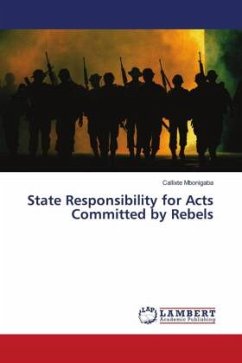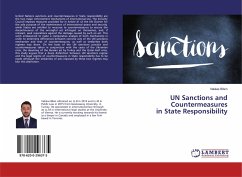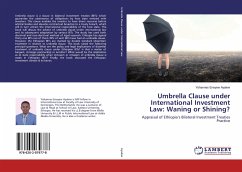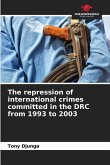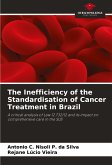In many countries around the world, rebels commit various atrocities, including war crimes, crimes against humanity, genocide and similar others. Yet, the victims of such atrocities receive little or no justice at all as perpetrators continue to enjoy impunity due to the lack of political will of states to prosecute them or given that rebels who commit those crimes are out of control of states against which they are fighting. Therefore, the question is whether states may be held responsible for acts committed by rebels as an alternative to individual criminal responsibility, in order to provide justice to innocent victims.Nowadays, almost if not all scholars affirm that states are responsible for acts committed by rebels. This is even the position of the International Law Commission. In contrast to the mainstream literature and the Commission, Callixte Mbonigaba argues that there is no sufficient legal basis for holding a state responsible for acts committed by rebels. This conclusion is reached through an inquiry into the judicial decisions, that have played an important role in the development of the doctrine of state responsibility for acts committed by rebels.

